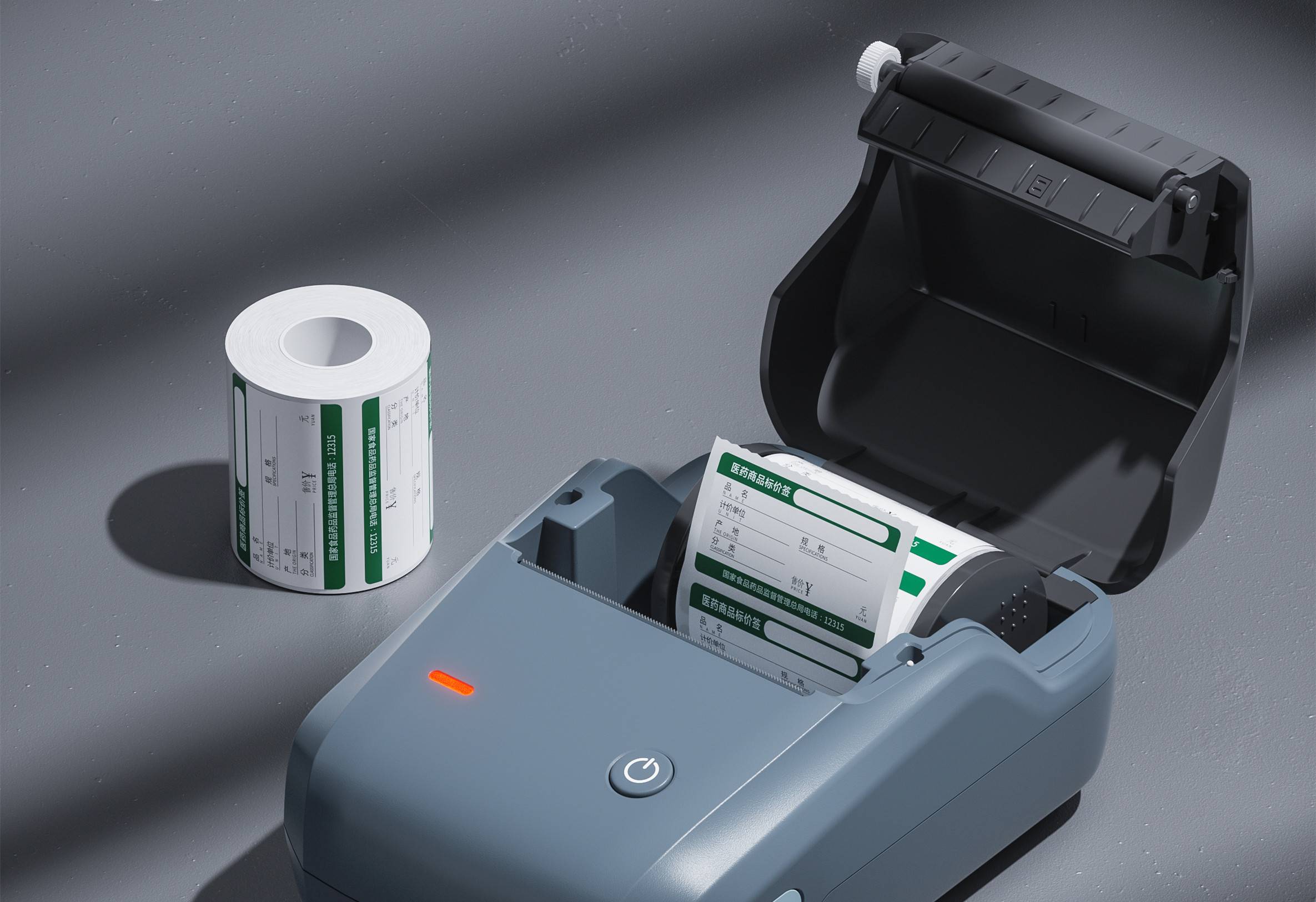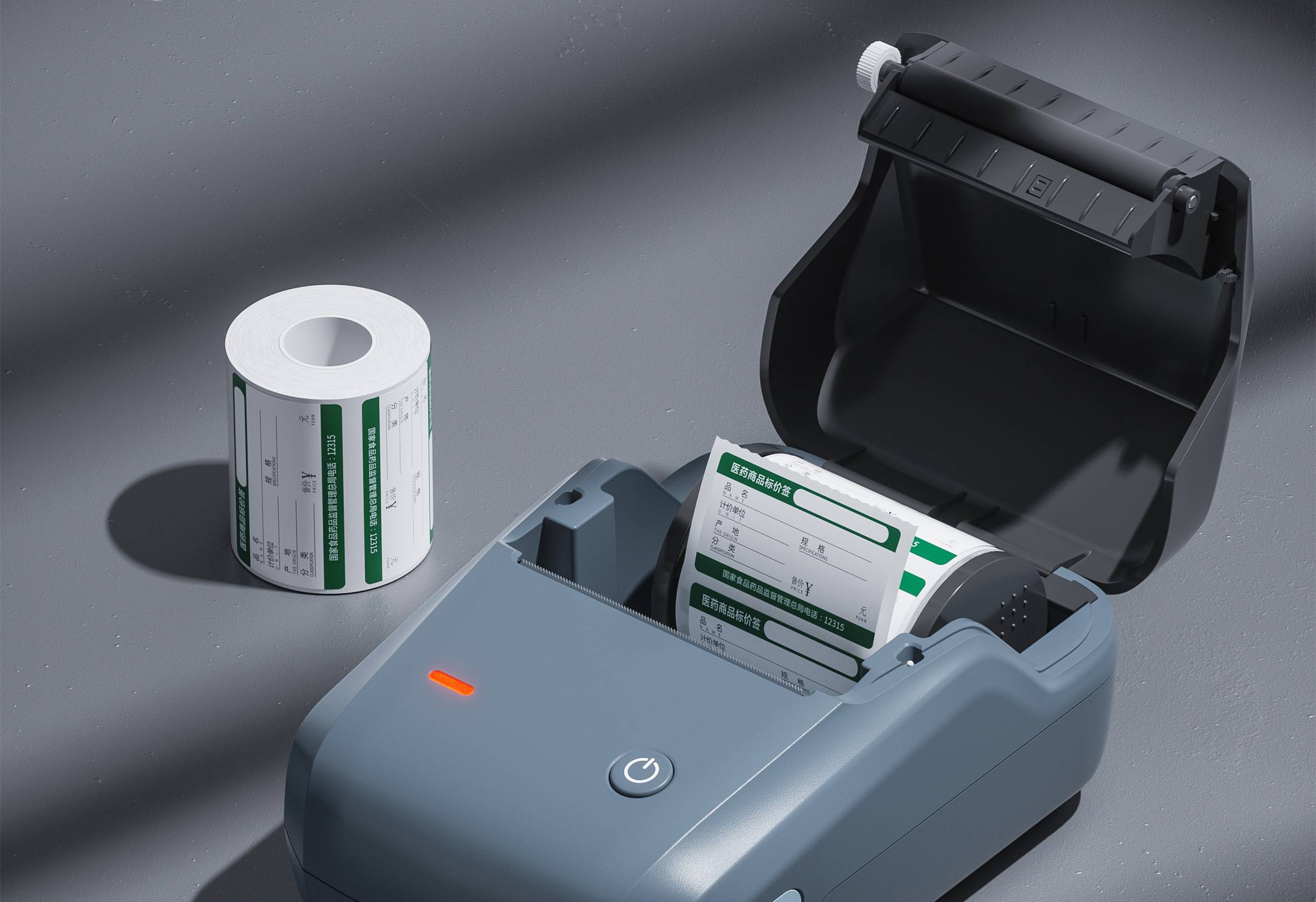
basic introduction
The electromagnetic compatibility of LED lamps includes electromagnetic interference (EMI) and electromagnetic anti-interference (EMS) and electromagnetic field radiation (EMF) requirements in three aspects. In order to ensure that the LED lamps can work normally in a complex electromagnetic environment, and to effectively prevent other devices in the surrounding environment from interfering with the normal operation of the lamps, the electromagnetic compatibility performance (EMC) of the lamps and lanterns is very important.
Certification program
Europe | CE, TCO, MPR II |
Asia | VCCI, BSMI, NCC, CCC, CQC, KCC |
North and South America | FCC, IC |
Australia and Africa | C-TICK, RCM, SABS |
Lamp certification test standards
EMI part:
CISPR15, EN55015, J55015, CNS 14115, AS / NZS CISPR15
GB17743, FCC PART15, FCC PART18
IEC / EN610003-2, IEC / EN610003-3, GB17625.1, GB17625.2
EMS part:
IEC / EN61547, GB / T18595
IEC / EN61000-4-2, GB / T17626.2
IEC / EN61000-4-3, GB / T17626.3
IEC / EN61000-4-4, GB / T17626.4
IEC / EN61000-4-5, GB / T17626.5
IEC / EN61000-4-6, GB / T17626.6
IEC / EN61000-4-8, GB / T17626.8
IEC / EN61000-4-11, GB / T17626.11
EMF part:
EN62493: 2010
Our advantage
1. With a professional qualification and experienced expert technical team, we can provide you with professional consultation and services.
2. Have advanced laboratory equipment to ensure the accuracy and reliability of test data.
3. As a third-party testing and certification organization trusted by customers worldwide, we are your certificate of quality.

Label printers entering the Brazilian market, ANATEL certification is an essential passport! It is the recognition of the Brazilian Telecommunications Authority for the safety and compliance of electronic products, without which products cannot be legally sold.

SRRC certification is not only a guarantee of product compliance, but also a key to opening up the market.

FCC ID certification is a mandatory certification for electronic products by the Federal Communications Commission (FCC) in the United States, and it is essential for label printers to obtain this certification.
The electromagnetic compatibility of LED lamps includes electromagnetic interference (EMI) and electromagnetic anti-interference (EMS) and electromagnetic field radiation (EMF) requirements in three aspects.
Get a quote